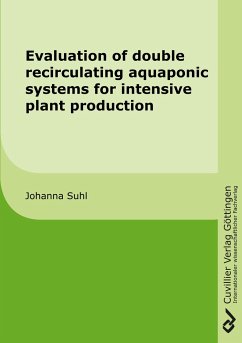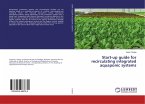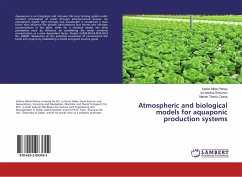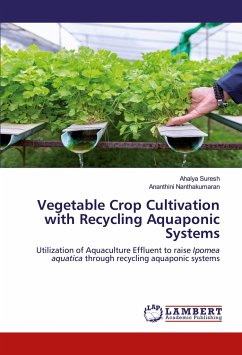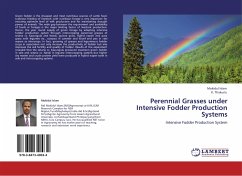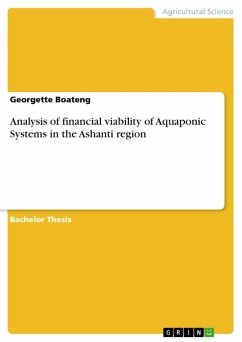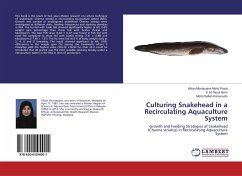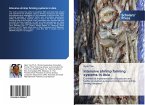Double recirculating aquaponic systems (DRAPS) were developed as sustainable food production system and as alternative to conventional aquaculture and hydroponics. DRAPS allow the production of fish and plants under specific optimal conditions. One major subject of the present study was the comparison of vegetable production in DRAPS with conventional hydroponic production. For investigations Nile tilapia and African catfish were combined with tomatoes or lettuce. Furthermore, the connection point between fish and plants was studied in more detail to identify possible weaknesses of this point. Additional, the fertiliser and fresh water saving potential and the environmental relive by replacing nitrogen fertiliser by fish waste water was investigated. The results of this study demonstrate clearly the competiveness of DRAPS with conventional hydroponic systems in terms of plant quantity and quality aspects as well as sustainability issues. DRAPS is a highly promising system which must be investigated and improved further. Finally, it will contribute significantly to sustainable intensification and consequently to food safety.
Bitte wählen Sie Ihr Anliegen aus.
Rechnungen
Retourenschein anfordern
Bestellstatus
Storno

